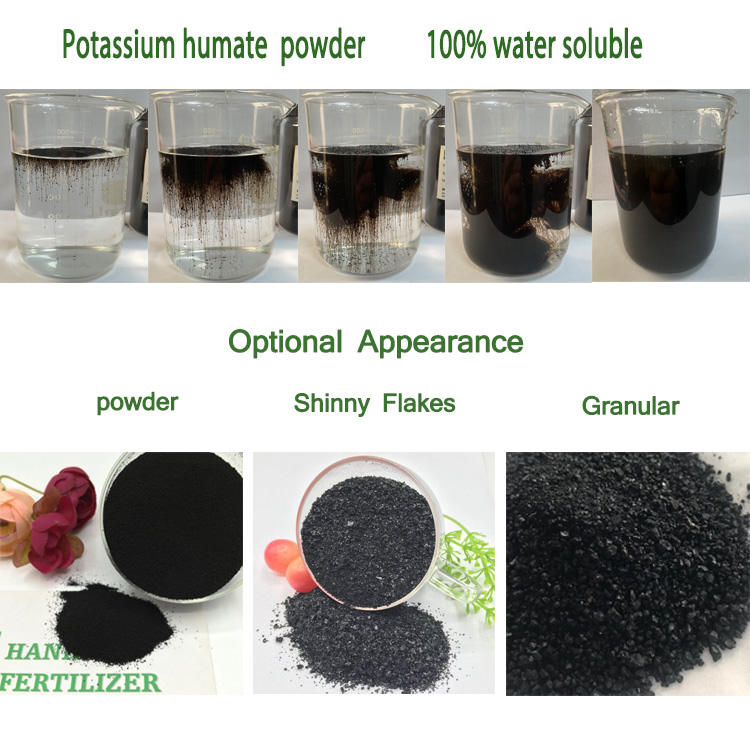
Nov . 08, 2024 08:09 Back to list
Top Organic Fertilizers for an Effective Raised Garden Bed Setup
The Best Starting Organic Fertilizer for Raised Bed Gardening
Raised bed gardening has gained popularity among gardening enthusiasts for its numerous benefits, including better soil drainage, improved soil quality, and easier access for planting and harvesting. One of the central components of successful raised bed gardening is the use of high-quality organic fertilizers to promote plant health and productivity. In this article, we will explore the best starting organic fertilizers for raised bed gardens, their benefits, and how to effectively use them.
What is Organic Fertilizer?
Organic fertilizer is derived from natural sources, such as plant and animal materials, and is designed to enhance soil fertility while improving the overall health of the ecosystem. Unlike synthetic fertilizers, organic options provide a more gradual release of nutrients, supporting soil microorganisms and improving soil structure.
Why Use Organic Fertilizer in Raised Beds?
Raised beds often contain a mix of organic matter and soil, which can become depleted of nutrients over time. Organic fertilizers not only replenish these nutrients but also enrich the soil with beneficial microorganisms, enhance water retention, and promote healthy root development. These factors contribute to a thriving garden and can lead to bumper crops.
Best Starting Organic Fertilizers for Raised Beds
1. Compost
Compost is an excellent starting fertilizer for any gardening project, including raised beds. It is created by breaking down organic matter, such as kitchen scraps, yard waste, and other biodegradable materials. Compost is rich in essential nutrients and helps improve soil structure. When added to raised beds, compost provides a balanced nutrient profile and fosters a beneficial microbial community.
2. Worm Castings
Worm castings, or vermicast, are a nutrient-rich organic fertilizer produced by earthworms. They are particularly beneficial for raised beds because they not only enhance fertility but also improve soil aeration and water retention. Worm castings are also safe for plants and can be applied directly to the soil or mixed into potting soil for seedling starters.
3. Bone Meal
Bone meal is a slow-release organic fertilizer high in phosphorus and calcium, which is essential for root development and flowering. This can be particularly beneficial when planting seedlings or flowering plants in raised beds. To use bone meal effectively, mix it into the soil at planting time, ensuring that plants receive the nutrients they need for strong growth.
best starting organic fertilizer for raised bed factory

4. Fish Emulsion
Fish emulsion is a liquid fertilizer made from fish waste, providing a quickly available source of nitrogen and trace minerals. It is an excellent choice for leafy greens and other fast-growing plants. To use fish emulsion in raised beds, dilute it with water as per package instructions and apply it as a foliar spray or soil drench every few weeks during the growing season.
5. Organic Granular Fertilizers
Many brands offer organic granular fertilizers, which are easy to apply and often contain a balanced mixture of N-P-K (nitrogen, phosphorus, and potassium) along with micronutrients. Select a product that is specifically formulated for vegetables or the particular plants you are growing in your raised beds. These fertilizers are typically applied when planting and then reapplied every few months as needed.
How to Apply Organic Fertilizers
When integrating organic fertilizers into your raised bed gardening routine, it’s important to follow a few best practices
- Test Your Soil Before applying any fertilizer, testing your soil can help determine its nutrient content and pH level. This will inform you about which nutrients your soil is lacking.
- Timing Matters The best time to add organic fertilizers is during the preparation of your raised beds and at planting time. Regular applications throughout the growing season can also boost plant performance.
- Mix Thoroughly Incorporate fertilizers into the top few inches of soil, ensuring even distribution and better uptake by plant roots.
- Monitor Your Plants Keep an eye on your plants for any signs of nutrient deficiency or over-fertilization. Adjust your fertilization program based on their performance.
Conclusion
Starting a raised bed garden can be a rewarding endeavor, and selecting the right organic fertilizer is key to achieving abundant growth and a healthy garden. By using high-quality organic options like compost, worm castings, bone meal, fish emulsion, or organic granular fertilizers, you can create a nutritious environment for your plants to thrive. With careful planning and application, your raised bed garden can yield bountiful produce, contributing to a sustainable and vibrant gardening experience.
-
10 10 10 Fertilizer Organic—Balanced NPK for All Plants
NewsJul.30,2025
-
Premium 10 10 10 Fertilizer Organic for Balanced Plant Growth
NewsJul.29,2025
-
Premium 10 10 10 Fertilizer Organic for Balanced Plant Growth
NewsJul.29,2025
-
Premium 10 10 10 Fertilizer Organic for Balanced Plant Growth
NewsJul.29,2025
-
50 Pound Bags of 13-13-13 Fertilizer for All Plants – Bulk & Organic Options
NewsJul.28,2025
-
High-Efficiency 15-30-15 Granular Fertilizer for Healthy Crops
NewsJul.28,2025
